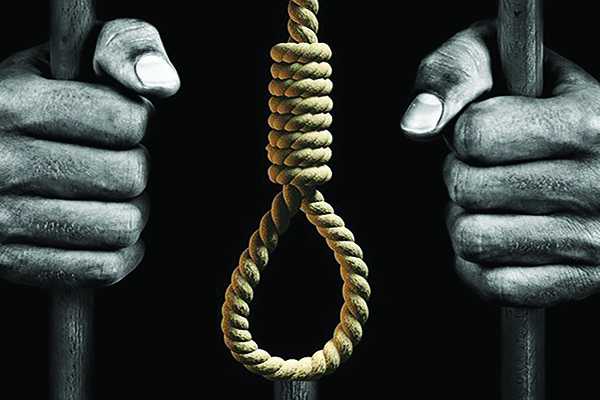
Zimbabwe has officially abolished the death penalty, nearly 20 years after its last execution.
President Emmerson Mnangagwa signed the law into effect following the cabinet’s decision to eliminate capital punishment in June, according to a government decree issued on Tuesday by Chief Secretary to the Cabinet, Martin Rushwaya.
“No court shall impose sentence of death upon a person for any offense, whenever committed, but instead shall impose whatever other competent sentence is appropriate in the circumstances of the case,” according to an act published in the official Government Gazette.
President Emmerson Mnangagwa, once sentenced to death by former Prime Minister Ian Smith’s White-minority government during Zimbabwe’s fight for independence, has long been an outspoken critic of capital punishment.
Last year, Lucia Masuka, head of Amnesty in Zimbabwe, said most countries in the world are moving away from the death penalty, and she urged African countries to follow suit.
With this move, Zimbabwe has become the 127th country in the world to abolish the death penalty.
According to Amnesty International, 24 countries across sub-Saharan Africa have abolished the death penalty for all crimes, while two countries have abolished it for ordinary crimes only.
Zimbabwe’s last execution took place in 2005, though courts have continued to hand down death sentences.
Currently, 65 prisoners remain on death row, but all were resentenced to life imprisonment under President Mnangagwa’s amnesty in April last year.









